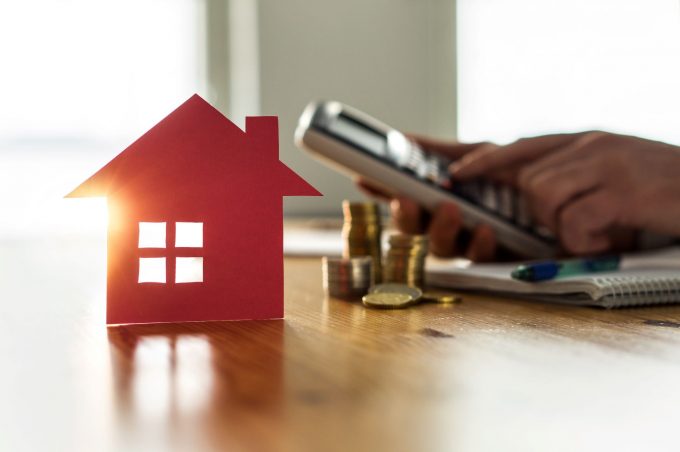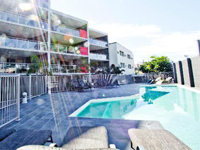
Airbnb backs share economy crackdown
Airbnb has backed government moves to counter the under-declaring of incomes earned through the gig economy.
The short-stay giant is the first of the big sharing-economy brands – which include Uber and Airtasker – to support proposals requiring them to hand members’ tax information directly to the ATO.
In January, Treasury released a consultation paper recommending sharing economy platforms collect and report information, including the identity details and incomes of sellers, for income matching and pre-filling tax returns.
The proposals are designed to ensure tax compliance among those operating within the gig economy space.
“The Treasury is currently considering a new mandatory data sharing framework for the sharing economy. They have noted any framework should not ‘stifle economic activity and entrepreneurship’ but make it easier for people to meet their tax obligations,” Airbnb said in an email to hosts.
“Airbnb in-principle supports a new data sharing framework if it makes it easier for local hosts to pay their taxes.
“This would allow more locals to enjoy the benefits of home sharing and earn extra income to ease the cost-of-living.”
Airbnb says it’s hosts are keen to pay their fair share of tax, but the company has urged the government to ensure any new framework adheres to data privacy laws and does not discriminate against its members.
“While it is important that any changes are carefully considered and take into account data privacy laws, we welcome the moves to make it simpler and easier for our hosts to pay their taxes in Australia,” said head of public policy for Australia and New Zealand, Brent Thomas.
“It would also encourage greater participation in the sharing economy, helping people ease the cost-of-living and grow Australian tourism.
“Any such framework should be simple, prospective, and apply to all sharing economy operators in Australia.”
The ATO warned last month it intended to prioritise rental deductions and double its rental audits.
Assistant commissioner Gavin Siebert revealed more than 2.2 million Australians claimed over $47 billion in deductions in the 2017-18 financial year – the vast majority inaccurately.
“A random sample of returns with rental deductions found that nine out of ten contained an error,” he said.
“We are concerned about the extent of non-compliance in this area and will be looking very closely at claims this year.”
Mr Siebert said the ATO would be using sophisticated analytics and thorough cross checks to track down offenders.
“Overclaiming robs the whole community of essential services and will not be tolerated by the Australian community,” said the assistant commissioner.
“We expect to more than double the number of in-depth audits we conduct this year to 4,500, with a specific focus on overclaimed interest, capital works claimed as repairs, incorrect apportionment of expenses for holiday homes let out to others, and omitted income from accommodation sharing.”
Deliberate attempts to over-claim can attract penalties of up to 75 percent of the claim, said Siebert.
Under Australian tax law, any income from renting all or part of a house or unit needs to be declared, even for one-off situations.

AccomNews is not affiliated with any government agency, body or political party. We are an independently owned, family-operated magazine.







